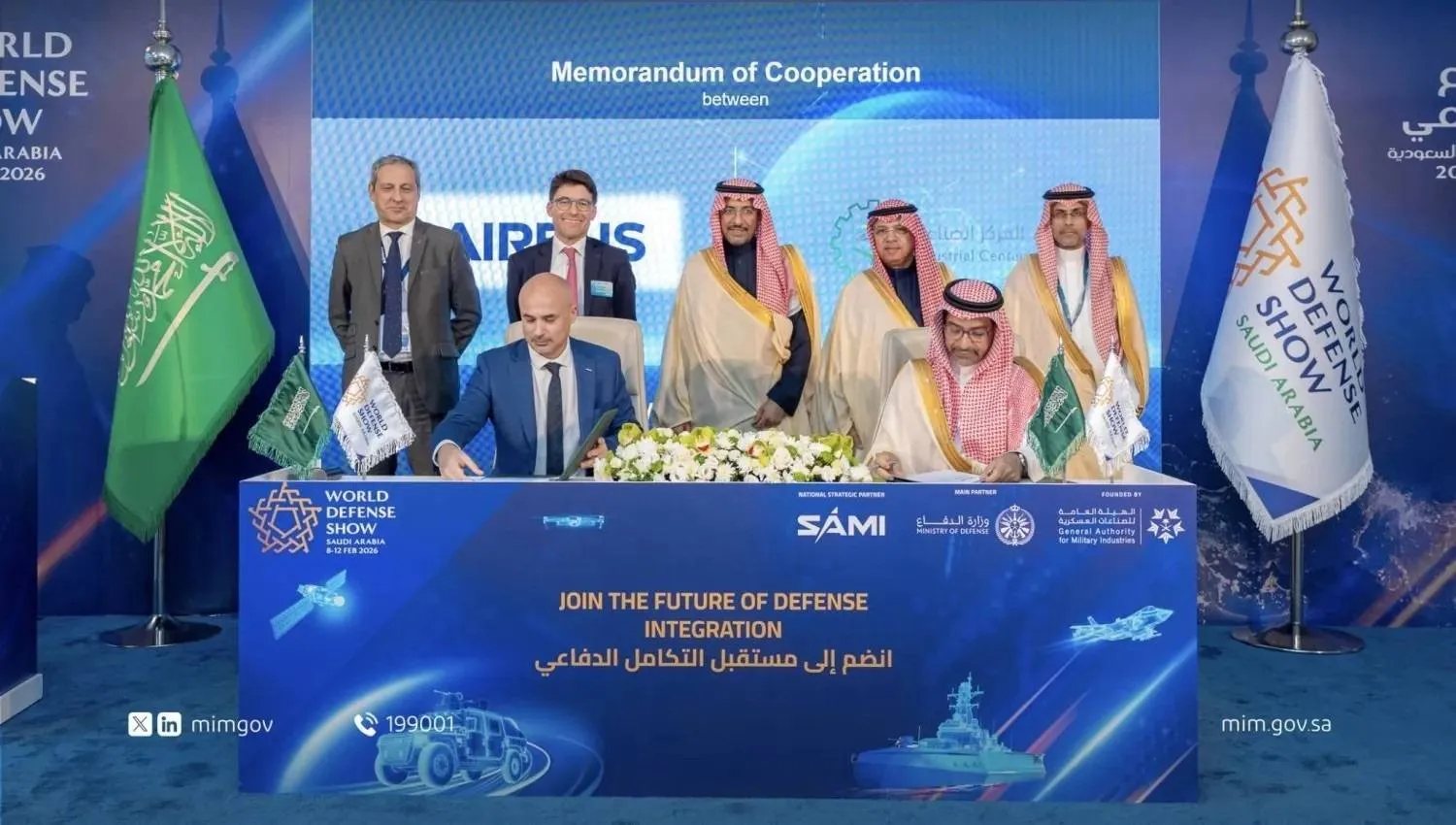India and Russia are discussing a free trade agreement (FTA), the Russian trade minister said on Monday, an announcement that could deepen bilateral commercial ties that have flourished since war broke out in Ukraine.
The FTA talks mark a step-up in economic relations between the two countries despite calls from Western countries for India to gradually distance itself from its dominant weapons supplier, Russia, over its February 2022 invasion of Ukraine.
India's imports from Russia more than quadrupled to $46.33 billion over the last fiscal year, mainly through oil.
"We pay special attention to the issues of mutual access of production to the markets of our countries," Russian Deputy Prime Minister Denis Manturov, who is also the trade minister, told an event in New Delhi.
"Together with the Eurasian Economic Commission, we are looking forward to intensifying negotiations on a free trade agreement with India."
Indian Foreign Minister S. Jaishankar said the COVID pandemic had disrupted discussions on an FTA between India and the Russian-led Eurasian Economic Union, and that he hoped "our colleagues will pick up on this ... because we do believe it will make a real difference to our trade relationship".
Manturov said road construction material and equipment and chemicals and pharmaceutical products were in demand in Russia and "I am sure that this will create opportunities for Indian companies to increase their supplies to Russia".
The announcement came at a time when New Delhi is also engaged in FTA discussions with Britain, the European Union and the Gulf Cooperation Council.
Reuters reported in November that Russia was potentially seeking to import more than 500 products from India for key sectors including cars, aircraft and trains, given that Western sanctions imposed over Russia's military action in Ukraine have undermined its ability to keep core industries operating.
Manturov also said Russia would consider widening the use of "national currencies and currencies of friendly countries". India has been keen on increasing the use of its rupee currency for trade with Russia.
Russia describes its campaign in Ukraine as a "special military operation" against security threats, while pro-Western Ukraine calls it an unprovoked war of conquest.
New Delhi has not explicitly criticized the Russian invasion and has called for a peaceful resolution of the conflict through dialogue. Russian-Indian bilateral trade has jumped as the war has progressed.
Russia, traditionally India's top source of military hardware, displaced Iraq last month to become India's top supplier of crude oil. Before the war that began in February last year, India bought very little oil from Russia.
Russia's efforts to improve trade with India form part of its strategy to help evade the impact of Western sanctions by boosting commerce with Asian giants including China.
Moscow is also trying to increase or maintain cooperation with other South Asian countries, most recently agreeing to settle payments in yuan for building a nuclear power plant in Bangladesh and discussing discounted oil exports to Pakistan.
Jaishankar said Indian business could benefit from Russian technology and that New Delhi was working to iron out payments, certification and logistics issues.









